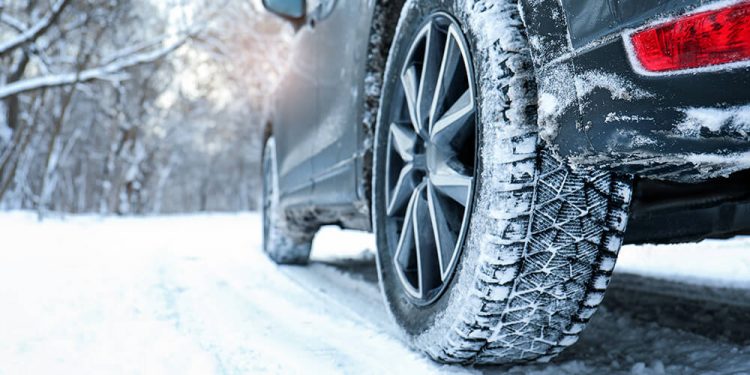The winter can be tough on your car. Consumers often make their vehicle choice based on whether that car is built to endure long, brutal winters. Some car owners even choose to own two cars, with one’s purpose to get through those tough months. Taking the proper steps to prepare for winter is crucial, as the lifespan of your vehicle can be significantly increased with the proper care and reduce the amount of maintenance/repairs you may have to do in the summer.
Get Prepared Early
While many people truly start to prepare for the rigours of winter in December, it is ideal to make sure your car(s) are prepared for the winter in the early fall. By doing so, you give yourself time to make sure everything is ready – before it’s too late.
A wise winter car care tip is to make sure you spend some money on heavy-duty wax. If possible, purchase a car cover to protect your investments from the impending weather conditions. With winters getting more and more unpredictable, bad weather can strike earlier than traditionally expected. So, don’t procrastinate in preparing for winter.
Consider Getting Snow Tires
Snow tires are made of a softer rubber than all-season tires which allows them to retain flexibility, even in the coldest of cold. Tread patterns on these tires also allow for exceptional grip in the snow and ice.
However, snow tires aren’t an instant fix. They won’t remove the chance of slipping and sliding in your car, but they do provide more traction than standard tires.
“All-wheel drive is confidence-inspiring when you’re accelerating, but it doesn’t help you when you’re braking and turning,” says Woody Rogers, director of product information for Tire Rack. “Winter tires are a must in areas where the temperature regularly drops below 45 degrees,” Rogers adds. Snow tires provide more traction when you’re trying to stop and turn on cold pavement.
Check Your Fluid Levels
Working windshield wipers and a solid supply of wiper fluid will ensure that you and your customers have visibility in the worst of snowstorms. Wiper fluid will get used up quickly if a car is being driven during a snowstorm, for obvious reasons.
Wiper blades only last a year. If you think that it is time for a replacement, it likely is time for replacing them. Depending on how bad your winters are, you may want to equip your vehicle(s) with winter specialized wipers. Lastly, make sure the car(s) have wiper fluid with a low freezing point.
While we’re on the subject of keeping fluids full, keeping the gas tank full is even more important in the winter. A full tank may prevent accumulated water in your fuel pump from freezing. It can also help you stay warm, as the driver can continue running the engine if they get stuck.
Change Your Oil And Find The Proper Viscosity
Again, this winter car care tip seems rather simple, however, it’s another tip that is easy to miss. The cold weather negatively affects oil’s effectiveness. The cold climates will make your oil thicker, reducing engine circulation.
This can be avoided by purchasing oil that is thinner than normal, most vehicles provide a winter oil viscosity (thickness) in the owner’s manual – along with other proper oil viscosity for the changing seasons.
Have Your Battery Checked
It’s typically more difficult for a battery to operate in colder weather, therefore it’s important to make sure your battery is strong enough to last the winter. The only accurate way to detect a weak battery is with professional equipment. However, most motorists can perform routine care. If battery caps are removable, check your fluid level monthly. A word of caution: Removal of cables can cause damage or loss of data/codes on some newer vehicles, so always check your owner’s manual first.
However, a bonus edition to our “Winter Car Care Tips” would be to have a professional inspect the battery. It’s also best to check your battery before the winter months, as a weak battery in the summer will often mean a dead battery in the winter. This would avoid any danger or car issues, that can come from inspecting a battery.




![The Top & Most Popular Seafood Bucket Restaurants in Dubai for you [Never Miss]](https://uae24x7.com/wp-content/uploads/2020/09/8-seafood-in-a-bucket-scaled-e1600739237403.jpg)
![Procedures for Renewing the Driving License in Abu Dhabi [3 Simple Steps]](https://uae24x7.com/wp-content/uploads/2020/07/Capture-9-e1595666454466.jpg)





